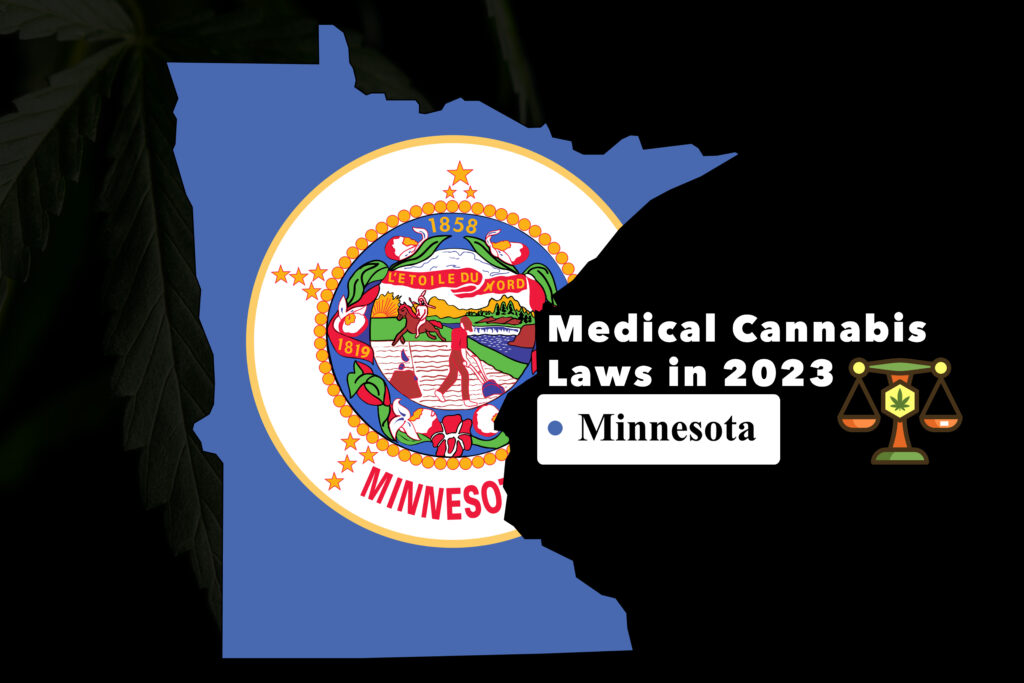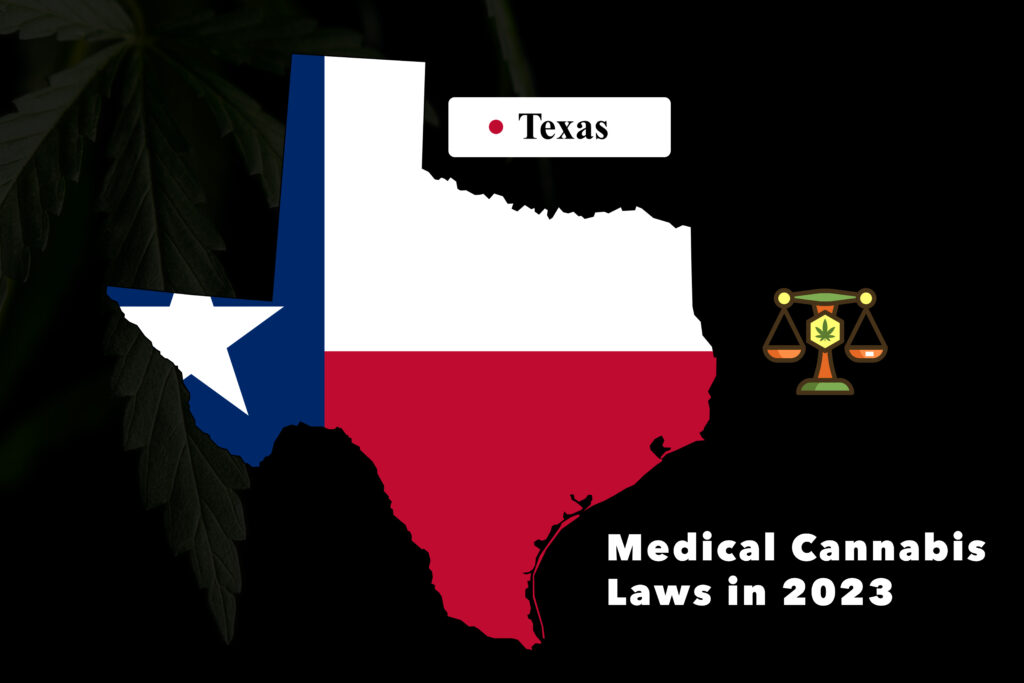Understanding Medical marijuana card benefits can save you a ton of money for the medicine that you need, and much more. In an ever-evolving landscape, the use of medical cannabis continues to gain acceptance across the United States. With this growth comes the recognition of the substantial benefits a medical cannabis card can provide to patients in need. A medical cannabis card isn’t just a ticket to access; it’s a gateway to a better quality of life. Continue reading to learn more about the many wonderful medical marijuana card benefits, and why you should get a doctor’s consultation to get one.
Ensuring Safety and Purity: Lab-Tested Medical Cannabis
One significant advantage of using medical cannabis over recreational cannabis is the stringent quality control standards it must meet. Medical cannabis is rigorously lab-tested for heavy metals, pesticides, and other impurities. This rigorous process ensures that the product you use is safe, allowing you to smoke or create edibles with confidence.
Access to a Vast Selection of Quality THC and CBD Products
A medical cannabis card opens up a world of possibilities, offering access to an extensive selection of THC and CBD products (Each state has its own unique policies, we linked to California for an example). These include various strains of cannabis, edibles, oils, topicals, tinctures, and much more. Each product is carefully curated to meet the diverse therapeutic needs of patients.
Convenience at Your Doorstep: Cannabis Delivery Services
Additionally, in some states, having a medical cannabis card enables access to convenient cannabis delivery services. These services provide ease of access, especially beneficial to patients with mobility challenges or hectic schedules.
The following sections dive deeper into the myriad benefits of holding a medical cannabis card, from legal protection and tax savings to broader access to medical cannabis products.
Legal Protection: Your Shield in Non-Recreational States

Possessing a medical cannabis card offers significant legal protection, particularly in states where only medical cannabis use is permitted. This card serves as a legal shield, allowing patients to use, possess, and in some cases, cultivate cannabis as per their medical requirements without fear of legal consequences.
Access to High-Quality, Medical-Grade Cannabis

A medical cannabis card grants you access to a broad range of medical-grade cannabis products. These products are often higher in quality and potency compared to those available for recreational use, ensuring you receive the therapeutic benefits you need.
Potential for Higher Possession Limits

In many states, a medical cannabis card allows patients to possess larger amounts of cannabis compared to recreational users.
Tax Savings: Economical Choice for Regular Users

Another significant advantage of a medical cannabis card is potential tax savings. In some states, medical cannabis products are exempt from certain sales and use taxes, making it a more cost-effective choice for regular users.
Exception: Reciprocity Between Select States
While generally, a medical cannabis card is active only in the state it was issued, some states have reciprocity agreements. This means they recognize medical cannabis cards from other states. For example, Arizona and Maine accept out-of-state medical cannabis cards. However, the specific terms and conditions vary and it’s crucial to research the laws of the state you plan to visit.
Age-Related Benefit: Access for Patients Under 21
In most states where recreational cannabis is legal, you must be 21 years old to purchase it. However, a medical cannabis card allows patients 18 years and older to purchase medical cannabis, providing essential access for younger patients with valid needs.
Why Get a Medical Cannabis Card? Your Health, Your Choice

Obtaining a medical cannabis card not only offers therapeutic benefits but also grants various legal and financial advantages. Whether you reside in a medical-only state or a state with recreational cannabis, the card brings additional protection, access, and savings that greatly enhance your ability to manage your health with cannabis. At OnlineMedicalCard.com, we streamline this process, guiding you through every step. Start your journey towards better health today.


 Cannabis News1 year ago
Cannabis News1 year ago
 One-Hit Wonders1 year ago
One-Hit Wonders1 year ago
 drug testing4 months ago
drug testing4 months ago
 Cannabis 1011 year ago
Cannabis 1011 year ago
 Marijuana Business Daily12 months ago
Marijuana Business Daily12 months ago
 Education1 year ago
Education1 year ago
 Education1 year ago
Education1 year ago
 Cannabis1 year ago
Cannabis1 year ago































